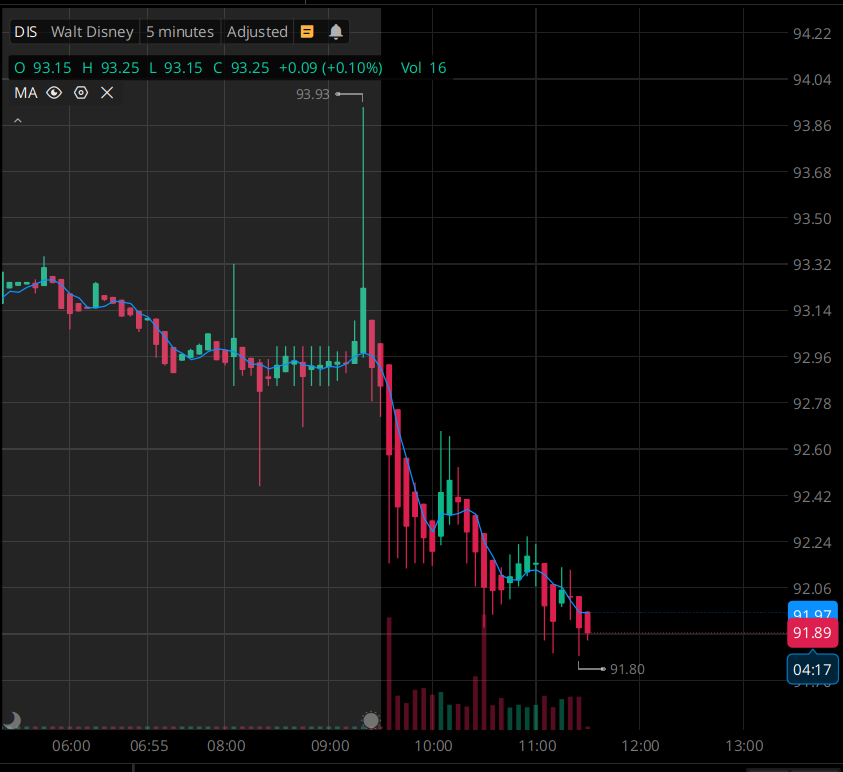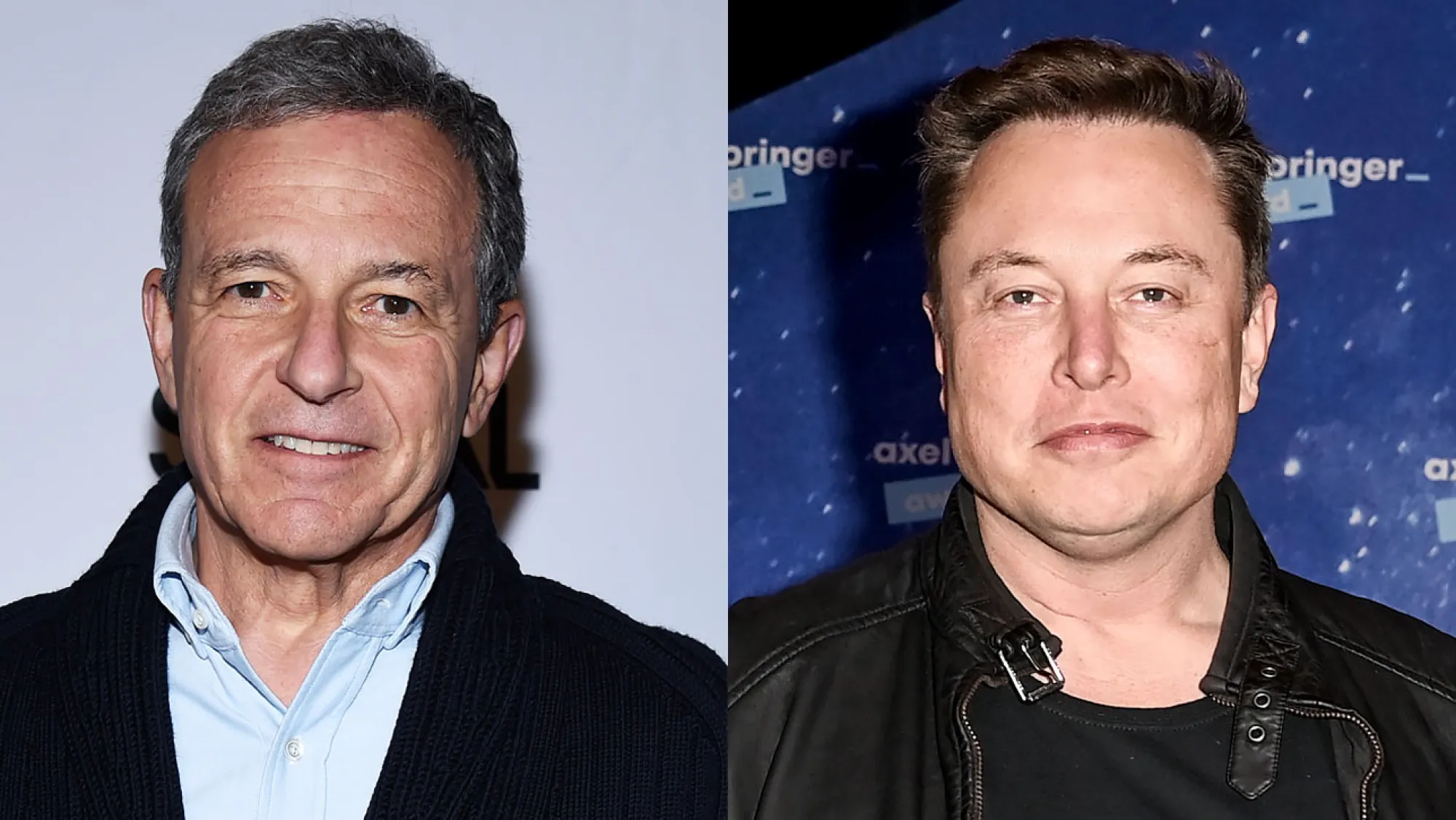In a recent event that sent shockwaves across the tech and business spheres, Elon Musk, the outspoken entrepreneur behind Tesla and SpaceX, unleashed a profanity-laced tirade against advertisers abandoning the platform formerly known as Twitter, X. Musk’s impassioned outburst, laden with expletives, served as a stark warning, indicating potential peril for the social media giant due to the ongoing ad boycott.
Speaking at the New York Times’ DealBook Summit, Musk vehemently criticized companies participating in the ad boycott, accusing them of attempting to blackmail him and the platform itself. “Go [expletive] yourself,” he vehemently stated in an interview, reflecting his frustration at the companies that have paused advertising on X amid rising concerns over issues like antisemitism—concerns that were also connected to a post by Musk.
The controversy escalated when Musk publicly apologized for his own contentious post, acknowledging it as potentially the “dumbest” thing he had ever shared online. However, it was his response to the advertising boycott initiated by major corporations such as Disney, Apple, and Comcast that drew significant attention and stirred controversy.
“I don’t want them to advertise,” Musk boldly proclaimed at the summit, making it clear that he wouldn’t yield to any form of blackmail leveraging advertising or financial power. The forcefulness of his statement resonated across various industries and markets.

The repercussions of Musk’s strong words were felt immediately, with reports emerging that Disney’s stock had suffered a hit, shedding market capitalization following Musk’s remarks. This added a financial dimension to the broader implications of his statements, demonstrating the weight and influence of his words on the stock market and investor sentiment.
Musk’s unfiltered and confrontational approach highlighted the intensifying clash between social responsibility, corporate ethics, and the freedom of expression that defines the digital age. While his remarks resonated with a faction of supporters valuing unfiltered speech, it underscored a growing dilemma for platforms grappling with content moderation and advertiser demands.
The incident raises critical questions about the power dynamics between platforms, advertisers, and influential figures. Can a single individual’s stance disrupt the financial stability and market perception of a colossal corporation like Disney? Are social media platforms, like X, at the mercy of their high-profile users?
Furthermore, it prompts a larger conversation about the responsibilities and consequences attached to wielding immense influence in the digital landscape. The clash between Musk’s unwavering stance and corporate decisions underscores the complexities of modern-day communication, where personal opinions and corporate interests collide, often with significant ramifications.
As the fallout from Musk’s statements continues to reverberate, it remains to be seen how this high-stakes showdown between an influential figure and corporate giants will shape the future of X and potentially redefine the delicate balance between freedom of expression, corporate responsibility, and market influence in the digital age.

